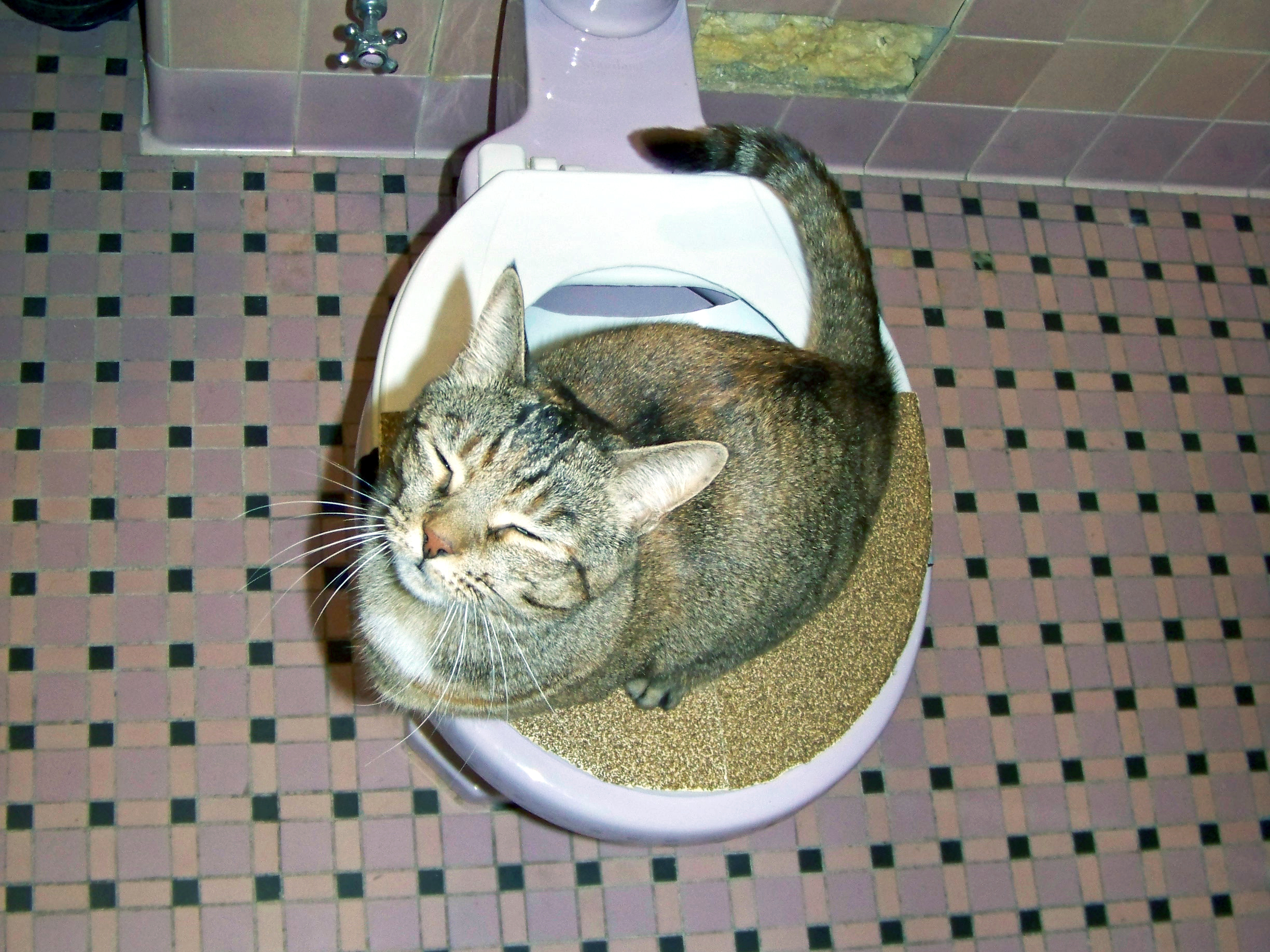They are making several great pointers on How to Dispose of Cat Poop and Litter Without Plastic Bags in general in the article following next.

Intro
As feline proprietors, it's necessary to bear in mind just how we deal with our feline pals' waste. While it might appear hassle-free to purge pet cat poop down the toilet, this practice can have destructive consequences for both the environment and human health.
Alternatives to Flushing
Fortunately, there are more secure and much more responsible methods to throw away pet cat poop. Take into consideration the adhering to choices:
1. Scoop and Dispose in Trash
The most common technique of disposing of cat poop is to scoop it right into an eco-friendly bag and toss it in the garbage. Make certain to use a specialized litter scoop and deal with the waste immediately.
2. Usage Biodegradable Litter
Choose biodegradable feline trash made from products such as corn or wheat. These clutters are environmentally friendly and can be safely gotten rid of in the garbage.
3. Bury in the Yard
If you have a lawn, think about hiding feline waste in a marked area away from vegetable gardens and water sources. Make certain to dig deep sufficient to prevent contamination of groundwater.
4. Set Up a Pet Waste Disposal System
Invest in a family pet garbage disposal system specifically created for pet cat waste. These systems utilize enzymes to break down the waste, decreasing smell and environmental influence.
Health and wellness Risks
Along with environmental problems, purging pet cat waste can also posture health and wellness risks to humans. Feline feces may include Toxoplasma gondii, a bloodsucker that can create toxoplasmosis-- a potentially extreme disease, particularly for expectant females and individuals with weakened body immune systems.
Ecological Impact
Purging pet cat poop introduces harmful pathogens and parasites right into the supply of water, posing a substantial risk to water ecosystems. These contaminants can adversely affect marine life and concession water top quality.
Final thought
Liable pet dog ownership prolongs past providing food and sanctuary-- it also entails proper waste administration. By avoiding flushing cat poop down the commode and selecting alternate disposal methods, we can reduce our ecological impact and shield human health.
Why You Should Never Flush Cat Poop Down the Toilet
A rose by any other name might smell as sweet, but not all poop is created equal. Toilets, and our sewage systems, are designed for human excrement, not animal waste. It might seem like it couldn’t hurt to toss cat feces into the loo, but it’s not a good idea to flush cat poop in the toilet.
First and foremost, assuming your cat uses a litter box, any waste is going to have litter on it. And even the smallest amount of litter can wreak havoc on plumbing.
Over time, small amounts build up, filling up your septic system. Most litter sold today is clumping; it is made from a type of clay that hardens when it gets wet. Ever tried to scrape old clumps from the bottom of a litter box? You know just how cement-hard it can get!
Now imagine just a small clump of that stuck in your pipes. A simple de-clogger like Drano isn’t going to cut it. And that means it’s going to cost you big time to fix it.
Parasitic Contamination
Believe it or not, your healthy kitty may be harboring a nasty parasite. Only cats excrete Toxoplasma in their feces. Yet it rarely causes serious health issues in the cats that are infected. Most people will be fine too if infected. Only pregnant women and people with compromised immune systems are at risk. (If you’ve ever heard how women who are expecting are excused from litter cleaning duty, Toxoplasma is why.)
But other animals may have a problem if infected with the parasite. And human water treatment systems aren’t designed to handle it. As a result, the systems don’t remove the parasite before discharging wastewater into local waterways. Fish, shellfish, and other marine life — otters in particular — are susceptible to toxoplasma. If exposed, most will end up with brain damage and many will die.
Depending on the species of fish, they may end up on someone’s fish hook and, ultimately on someone’s dinner plate. If that someone has a chronic illness, they’re at risk.
Skip the Toilet Training
We know there are folks out there who like to toilet train their cats. And we give them props, it takes a lot of work. But thanks to the toxoplasma, it’s not a good idea.

We are very occupied with How to Dispose of Cat Poop and Litter Without Plastic Bags and I hope you liked the new article. If you liked our post kindly be sure to pass it around. Thanks a lot for your time spent reading it.
Recurring Service Plans